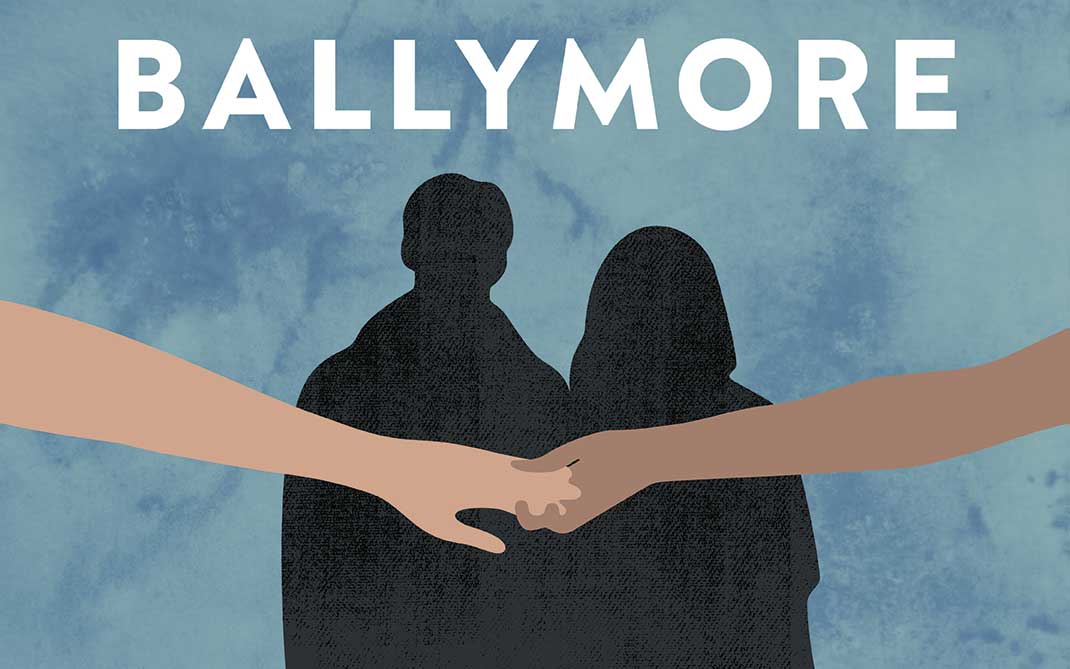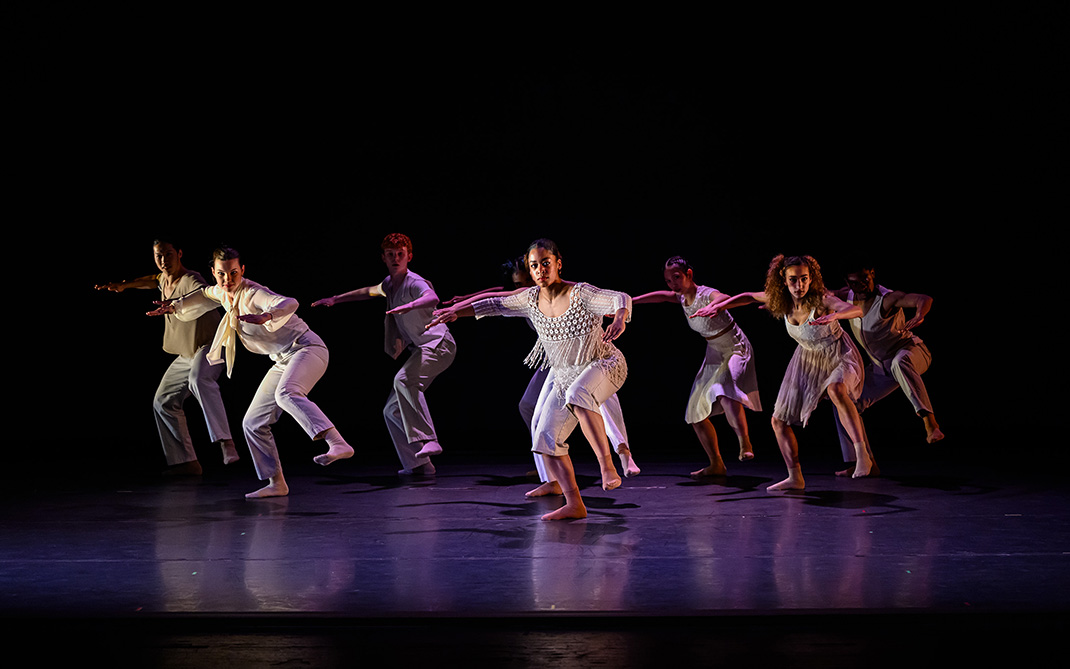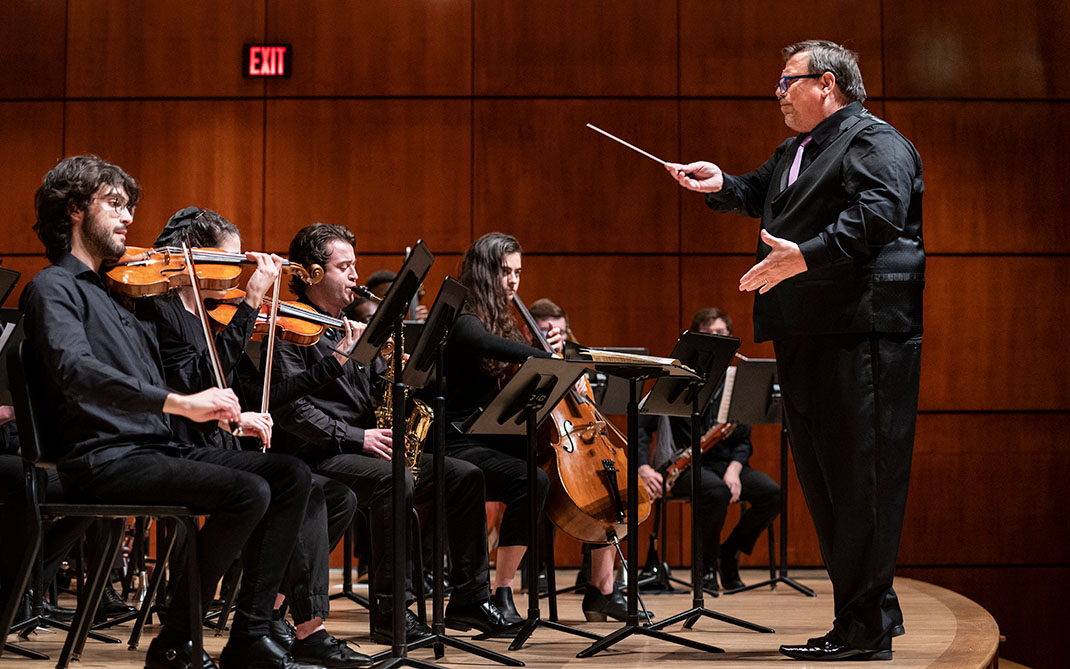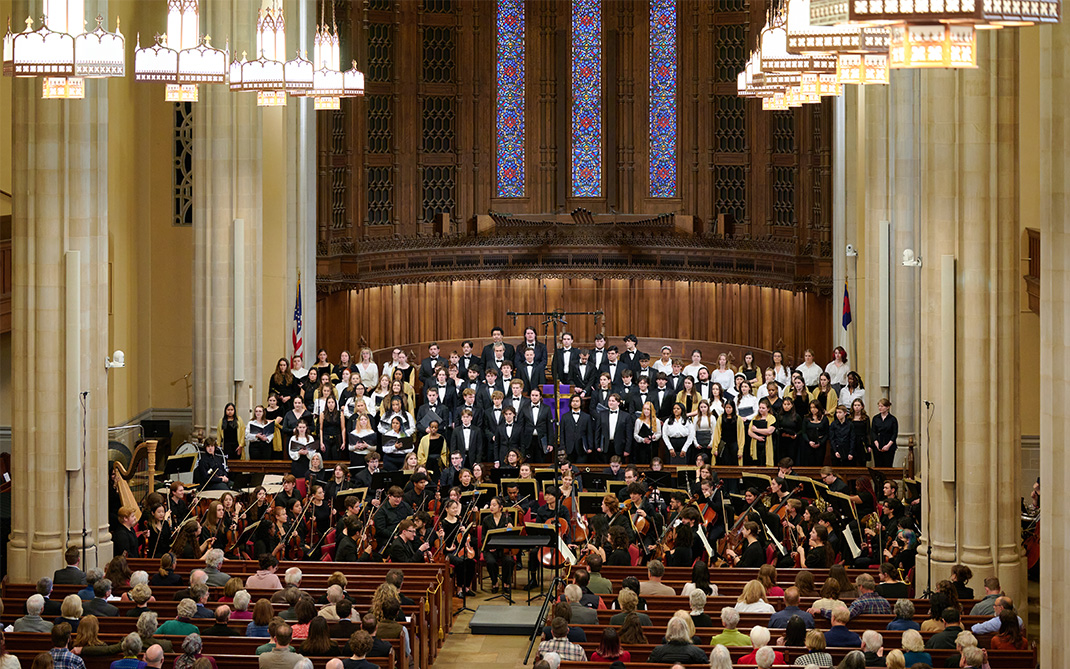Creating Accessible Programs & Events
The University of North Carolina School of the Arts is committed to providing equal access to all programs and services to qualified students in order to accomplish their educational goals. A person with a disability should be able to arrive at a program/event, approach the site, and enter freely as all individuals. Full access should be provided and at least one route of travel should be safe and accessible for everyone. Also, access to ticketing and all program materials should be accessible and consider the needs of multiple users. We encourage staff and faculty who are developing and designing events to use the information in this resource as a checklist, and to contact the Office of Learning Resources with any questions or concerns about accessibility.
UNCSA - Learning Resources
1533 South Main Street Winston-Salem, NC 27127
Phone: 336-726-6963
Email: learningresources@uncsa.edu
Tips for Accessible Programs & Events
There are a number of areas to consider with regard to accessibility when planning a meeting, program, or event. For starters, you want to think across the spectrum and consider the needs of all individuals with physical impairments, hearing or visual impairments, etc. You’ll need to consider the needs of UNCSA students as well as guests/patrons. You should also consider the physical landscape you are working with such as:
- Parking
- Entrances
- Meeting Rooms
- Seating
- Restrooms
- Materials offered
- Computers or other technology
This resource provides in-depth information on what to look for and how to make your program or event accessible for all.
The Basics
Entrances
- Provide at least one alternative entrance or route without the need for stairs. All entrances should not require the use of stairs.
- Inaccessible entrances should have signs posted indicating location of nearest accessible entrance.
- Routes/pathways should be at least 36 inches wide.
- Ramps and railings should be sturdy, non-slip and accessible.
- Doors should be operable without requiring too much force (5lbs maximum for interior doors).
- Curb cuts should exist in driveways, parking lots, and drop-off areas.
- Accessible parking spaces should be available near an accessible entrance to the program/event.
Meeting Rooms
- Does the location for your event or program have multiple floors/levels? If so, the building should have an accessible elevator to access meeting rooms and all programs provided.
- Path of travel to meeting rooms should be accessible (a minimum of 36 inches wide).
- Meeting rooms should provide accessible tables, seating, or other furniture (tables should be no more than 36 inches high).
- The entry configuration and meeting areas should provide adequate maneuvering space for a person using a wheelchair. A minimum of 36 inches includes clear width needed for forward movement, and a 5 foot diameter or shaped clear space to make turns.
- If drinking fountains are provided, one fountain should have a spout no higher than 36 inches from the ground.
- If four or more public phones are provided in the building, one of the phones should include access to a text telephone (TTY or TDD).
Restrooms
- Provide at least 1 fully accessible male and 1 fully accessible female restroom, or, 1 accessible multi-user restroom.
- Appropriate signage should exist to direct attendees to accessible entrances including restroom facilities.
More Basics
Technology
- If a video or video clip is part of the program, captioning should be made available for individuals with hearing impairments.
- Computers and all other technological devices provided should be accessible for individuals with disabilities (including those with hearing impairments, visual impairments, and physical impairments).
Program Materials
- Make sure all program materials are available in an accessible format (i.e., large print, accessible e-format).
- Your publicity notice/invitation should include a statement about how a person can obtain accommodations or a disability-related request for the program. Sample statement: If you need an accommodation to fully participate in this event, please contact….. Requests must be made within 72 business hours of the event. Be sure to include your name and contact information, so we may reach out to you.
Other Considerations
- Designate one staff member to arrange all accommodation requests. This individual should serve as a liaison with staff from Learning Resources to create a universally designed event.
- Make sure all aspects of the program/event is accessible to presenters as well as audience members.
- Contact Learning Resources to assist you with any requests for an assisted listening device.
- Contact Learning Resources if you are required or interested in arranging for a sign language interpreter.
- Contact Learning Resources if you need assistance in creating large print, Braille, or another alternate format for your program materials.
- Contact Learning Resources for assistance with captioning.
- If necessary, move your event to an accessible location.
November 18, 2024





